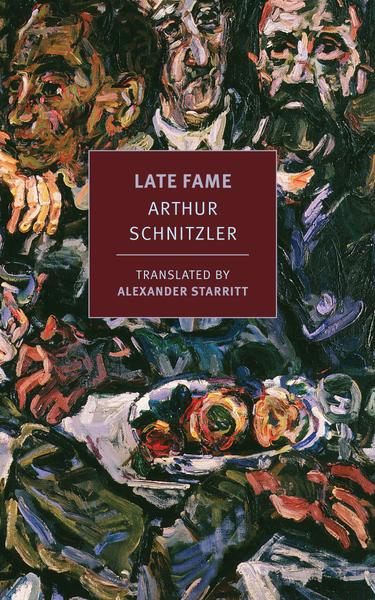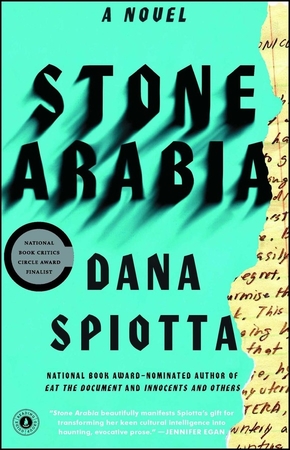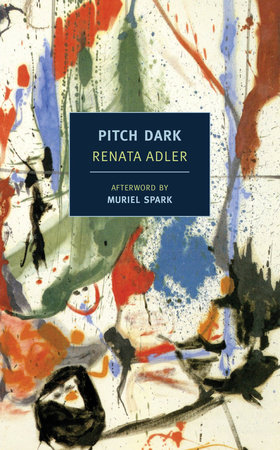Electric Lit relies on contributions from our readers to help make literature more exciting, relevant, and inclusive. Please support our work by becoming a member today, or making a one-time donation here.
.
I’ve always found writing difficult. Almost from the moment I learned to read, I knew that I wanted to be a writer, but I loved books so much that the idea of writing one felt fraught with danger and difficulty. The stakes, after all, were so high. I learned quickly of course that it was much more difficult to write a book than to read one. I was born worrying, my parents said, and once I discovered literature, I really had something to worry about.
Perhaps as a result, I’ve always found myself drawn to stories about artistic struggle, books in which the writer is failing to achieve what they believe to be their purpose in life. Call it arrested artistic development. My first novel, Early Work, was a parallel bildungsroman, a book about two writers moving together but in opposite directions, one towards the fulfillment of their goal, the other towards the hard realization that literary greatness probably isn’t right around the corner. My new book Cool for America is a series of linked stories about how people try to find their way past life’s impediments to realize some measure of contentment as artists and, occasionally, human beings. These are, for the most part, stories about the beginning and middle of this journey rather than its endpoint. After all, what life story ever gets more interesting after the subject achieves success? For the people I’m writing about, any kind of satisfaction is far from a foregone conclusion.
Below are some of my favorite works of literature about artists who are stymied in their attempts to fulfill their visions, both by the usual impediments—sloth, vanity, booze, love—and, sometimes, by the capricious workings of the outer world. Of course, the pleasing irony of all such books is that, no matter how long the odds may seem while one is reading them, they did all eventually get written. Otherwise there wouldn’t be a book at all.
Stone Arabia by Dana Spiotta
Spiotta’s tricky, emotionally devastating novel is about a brother and sister duo fighting for artistic control over the narrative of their lives. The book’s central figure, Nik, is a musician who has established an elaborate private mythology for his work, which includes extensive writings, some in the voice of his sister, who, as his main audience, has often found herself in her brother’s shadow. The novel becomes, in her words, “the counter chronicles” to his version of the family story, a reclamation of her own life as a writer that requires her to push Nik’s vision of himself aside.

Late Fame by Arthur Schnitzler
This short Austrian novel, published posthumously after the author’s archives were saved from being destroyed by the Nazis, is a jaundiced portrait of literary presumption. An aging civil servant named Saxberger’s early, obscurely published book of poems is suddenly taken up as an essential influence by a group of young writers, who hope to convey legitimacy upon themselves by raising the status of the older writer. When Saxberger is given the task of writing a new poem for the first time in decades for a literary reading, the results are… very disappointing. In the end, Schnitzler suggests, perhaps “no fame” would be preferable to late fame.
The Messenger by Charles Wright
This is a scabrous, very funny piece of autofiction—somewhere between linked stories and a novel—about a young Black writer careening through bohemian New York in the early ’60s. (No, this is not the same Charles Wright who recently served as the poet laureate.) These are dispatches from a picaresque life of drugs and male hustlers, of late, hallucinatory nights and morning cigarettes. The narrator takes stock of himself in the mirror in a way that will be familiar to many an artist: “A fairly young man with a tired, boyish face, saddled with the knowledge of years and nothing gained, lacking a bird dog’s sense of direction most of the time, without point or goal.”
So Many Olympic Exertions by Anelise Chen
Chen’s elliptical novel is of the noble “failing to finish one’s dissertation tradition,” a situation I deeply relate to despite having never attempted to start a dissertation. A former competitive swimmer, the narrator is a sports historian fixated on stories of failure and disaster. She’s also trying to reckon with the suicide of her ex-boyfriend. Over the course of the book, the convergences between sports, life, and art become clearer and clearer. “If doing sport is to be ‘lost in focused intensity,’ as swimmer Pablo Morales said once,” she writes, “then watching sport is to be lost in the focused intensity of someone else’s focused intensity.” That sounds a lot like reading, too.

Pushkin Hills by Sergei Dovlatov
This is one of my favorite discoveries of the past few years. It tells the story of a ne’er-do-well alcoholic writer who gets a job as a tour guide at Pushkin Hills, an estate where the famous Russian writer once lived, now turned bleak tourist trap in the long middle age of the Soviet Union. He talks a lot about writing, and lampoons the efforts of his fellow guides (of course everyone who works there is a would-be writer), but between the drinking and trying to win back his ex-wife, he just can’t seem to find the time to put pen to paper. “You are not being published,” he says to himself. “But is that really what you dreamt of when you mumbled your first lines?” Well… yes.
Pitch Dark by Renata Adler
A friend recently described this book as the best breakup novel ever written, and it might well be true. The narrator is fleeing from the aftermath—or is it merely the middle of the prolonged descent?—of a many-years’-long affair with a married man. She is a reporter, but she is having a great deal of trouble telling this story. “For a woman, it is always, don’t you see, Scheherazade,” she tells us cryptically. She finds compulsive narrative stride in the long episode set in Ireland, without a doubt the best rental car disaster sequence in American literature.
That Smell by Sonallah Ibrahim, translated from the Arabic by Robyn Creswell
This brief, searing Egyptian novel, originally published in 1966 and translated into stark English by Robyn Creswell in 2013, is narrated by a political prisoner recently released back to his home in Cairo, where he remains on house arrest. The narrator is a writer, but his experiences have shocked his nervous system such that it’s a struggle simply to get through the day, let alone convert what has happened to him into art. The recent New Directions edition of the book includes excerpts from notes Ibrahim secretly made while in prison, as strong a testament to his literary will as one can imagine.

Mourning by Eduardo Halfon
Halfon’s book consists of three long intertwined stories, all dealing with the ways that the lives of those who have died can continue to haunt those who remain. Halfon is Guatemalan and Jewish, and his work is continually concerned with the aftermath of the Holocaust and with the genocide of indigenous people and other perceived political enemies of the government during Guatemala’s long civil war. The titular final piece in the book concerns the drowning death of the narrator’s uncle at age five in Lake Amititlán and its long aftermath. Halfon often writes about the difficulty of getting to the truth of the past, of being able to move forward without understanding what has come before. Ultimately, the artistic impediment that cannot be overcome is death.






